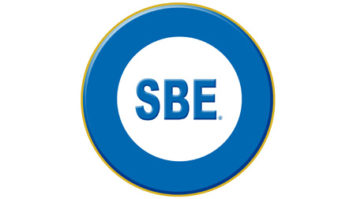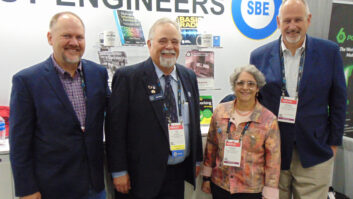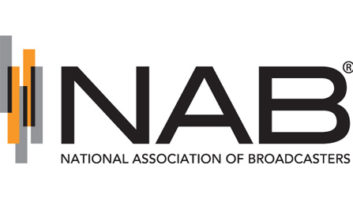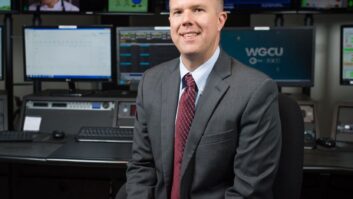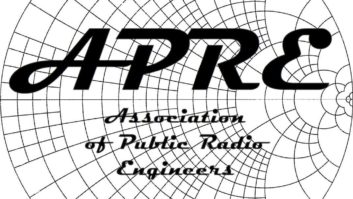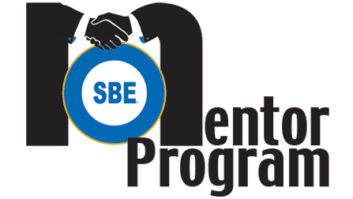The U.S. radio broadcast industry has long embraced the sagacity of engineering elders and treasured their technical advice and memories. But it also often laments a lack of younger blood. According to common wisdom, radio engineering heads are mostly gray; and when those retire, who will keep the industry humming?

Zachary Akey, Westwood One. “Surround yourself with other broadcasters — not just engineers. Spend time with those you respect, and try to emulate the traits of theirs that you most admire.”Here and in a series of coming articles, we meet engineers under 40 who are helping to answer that question.
Name: Zachary Akey, 32
Company/Title: Westwood One; Director, Broadcast Engineering and IT
City: Washington, D.C.
Certifications/memberships: SBE member
How did you get into the field of radio/broadcast engineering?
Zachary Akey: My career started as a maintenance technician in the U.S. Army. From there, I served as a communications engineering technician for a government HF program. After that I went to college and interned with an FM talk and loved all aspects of radio. When an engineering position opened up, I applied and was able to leverage my previous public sector experience and familiarity of the broadcast operation from my internship.
How do you think your age affects your approach to your job? Or do you think it doesn’t?
Akey: As a millennial, I am comfortable moving quickly to implement cutting edge technology. Further, I am always eager to leverage technology to improve staff workflow and increase efficiency and productivity. I think that there are elements in previous generations who take an “if it ain’t broke, don’t fix it” approach, whereas perhaps due to being younger, I feel that there will likely always be room for improvement.
What do you see as the most important industry trend affecting broadcast engineering today? How might it affect the profession?
Akey: Clearly the most important trend in the broadcast and greater media industry is an attempt to determine effective content delivery platforms; whether web streaming, podcasting, a smartphone app or traditional high-power RF, as content producers we are simply trying to reach (and keep) our audience in the most convenient way for them.
As far as how it affects the profession, I have two takes: 1) from the perspective of the engineer, it means you need to stay on top of technologies evolving at an exponential rate; 2) from an industry perspective, I think it’s a huge benefit to everyone agile enough to stay in the game. There is a fine line between becoming an old media dinosaur, and the very real risk of being ahead of your time (broadcast.com, anyone?).
What advice would you give to other young engineers or to aspiring engineers?
Akey: Surround yourself with other broadcasters — not just engineers. Spend time with those you respect, and try to emulate the traits of theirs that you most admire. Technology chops are an obvious must have, but you will go much further than the transmitter if you actively work on your interpersonal skills and business acumen.
What’s an important thing that you’ve learned from an industry mentor?
Akey: Check your ego at the door, best idea wins, and play to your team’s strengths.
We’re looking for candidates for future stories; email [email protected].







